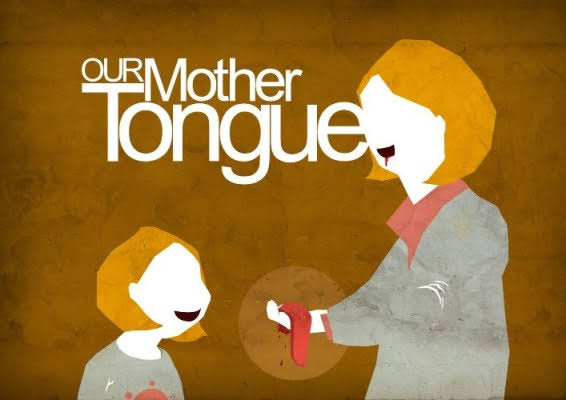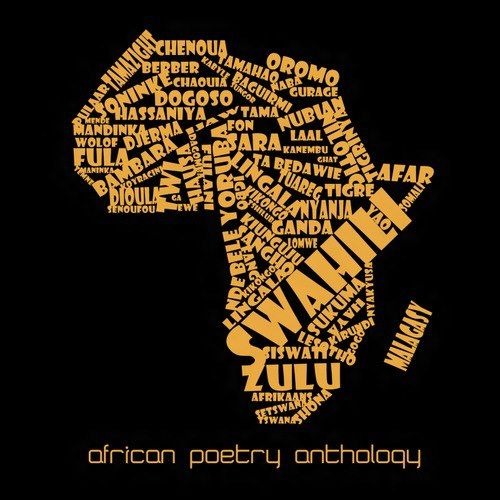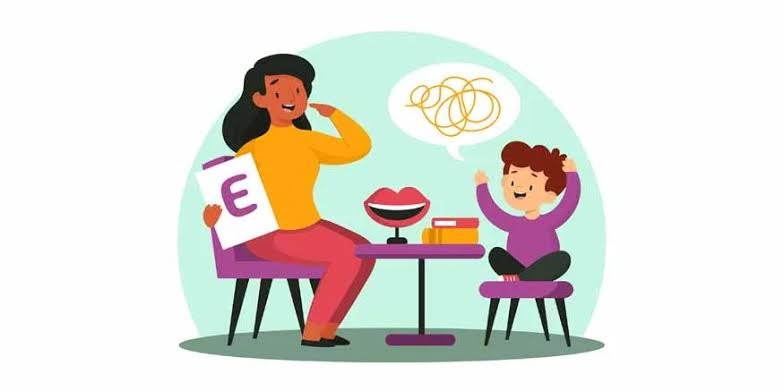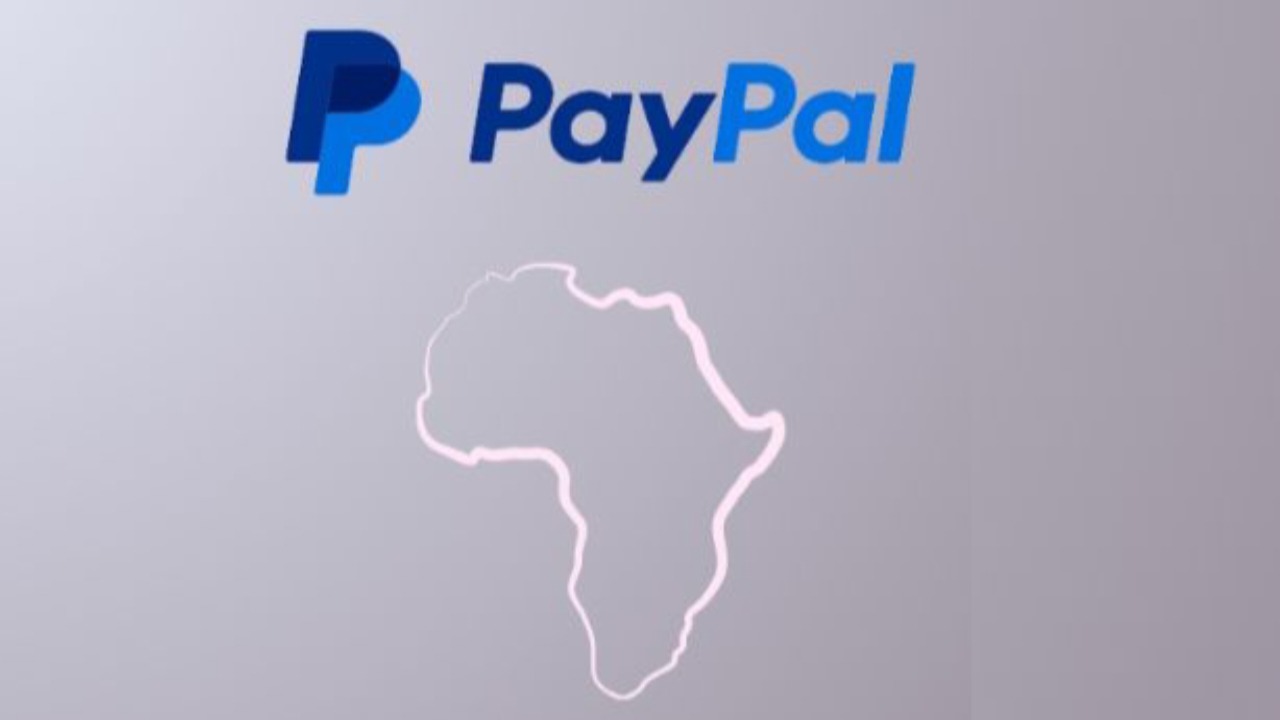Cultural Orphans? The Diaspora Generation Losing Their Mother Tongue

Introduction
Picture a typical Sunday afternoon. A Nigerian grandmother appears on a WhatsApp video call or even a Google meet, her warm smile filling the screen with the joy of speaking to her grandchildren. She speaks in Yoruba, her voice rich with the rhythm of home, asking her teenage granddaughter about school, but then, her granddaughter pauses, eyes shifting. She cannot respond in Yoruba, only in English. There is a soft laugh disregarding it, but the silence between them of not being able to reply in the mother tongue is heavier than distance.
This scene plays out in countless African diaspora families across the globe, from New York to Paris, Toronto to Berlin. Parents desperately try to teach their children “just a little” of their mother tongue, while the younger generation, pressured by school and society, finds little incentive to learn. Ironically, many of these same children eagerly pick up French, Spanish, or even German through apps like Duolingo.
The disconnect is not just about words. It is about memory, identity, and belonging. At stake is the survival of Africa’s linguistic heritage in a world that prizes global tongues over ancestral voices.
The Significance of Mother Tongue
For centuries, African societies have built their identities on language. Before the dominance of colonial languages, oral tradition carried histories, genealogies, and communal values. Language was not just communication; it was community.
Among the Yoruba, greetings alone revealed deep respect, lineage, and age. Among the Igbo, proverbs were considered an integral part of its culture and not just speaking the mother tongue alone but being able to express oneself fully. In Swahili poetry, rhythm and metaphor encode lessons of love, struggle, and spirituality. Akan storytelling, through Anansi tales, ties generations together, blending entertainment with moral instruction.

Language, then, is more than vocabulary. It is the vessel of memory. To lose it is to risk cultural dilution. Without the mother tongue, proverbs become mere phrases, rituals lose depth, and traditions erode. As Kenyan writer Ngũgĩ wa Thiong’o once declared, “Language, any language, has a dual character: it is both a means of communication and a carrier of culture.”
The Diaspora Experience and Language Shift
But in the diaspora, the reality is starkly different.
African parents who migrate to the West often prioritize English or French for their children’s economic success. “Speak English at home, it will help them fit in faster,” is advice repeated in immigrant circles. For children, the pressure is immense.
In classrooms, accents become a mark of difference. A Ghanaian child speaking Twi on the playground may be teased. An Igbo teenager mispronouncing English may be corrected harshly. Soon, silence replaces fluency.
Generational divides widen. In many families, grandparents speak only the mother tongue; parents juggle both; children respond only in English. Linguists call this “language shift” a generational decline that ends in total loss.
Studies confirm the trend. In the United States, research by the Pew Research Center shows that while first-generation African immigrants maintain native fluency, fewer than 25% of their U.S.-born children can speak their parents’ language fluently. Similar patterns occur in the UK, Canada, and France.
Causes of Language Loss
Why is this happening?
Assimilation Pressure: Schools in the West rarely encourage African languages. Instead, children are urged to adopt “global” tongues. On African soil too, foreign languages like French and English dominate classrooms, sidelining indigenous ones.
Social Stigma: African languages are often branded “less prestigious” compared to French, English, or Spanish. Some diaspora youth even report embarrassment when parents speak to them in their native language in public.
Parental Choice: Out of love and practicality, parents emphasize global languages, believing it will give their children opportunities. Ironically, this choice accelerates cultural erasure.
Technology & Media: Netflix, TikTok, and YouTube stream content overwhelmingly in English or French. Diaspora children spend hours consuming media in languages that are not their own.
This perfect storm pushes mother tongues to the margins of diaspora life.
The Consequences
The cost of language loss runs deeper than grammar.
Identity Crisis: Diaspora youth often feel “in-between” not fully African, not fully Western. Without language, cultural belonging weakens.
Loss of Heritage Knowledge: Proverbs, songs, prayers, and rituals lose nuance in translation. The wisdom of ancestors fades.
Weakened Family Bonds: Conversations with elders become limited, reducing intergenerational connection.
Psychological Impact: Many young Africans abroad describe themselves as “cultural orphans”—unable to fully claim the identities their parents pass down.
With this, many young ones feel disconnected from their roots and cannot fully fit into their own customs and traditions that are meant to be part of their cultural heritage.
Resistance and Revival
While in all of this the diaspora communities should ensure to spark a revival, for man cannot fully know himself unless he has known his roots, there should be a growing resistance.
Parental Reintroduction: Families should reintroduce native languages to be spoken at home, even insisting that their children respond in Yoruba, Twi, or Amharic.
Weekend Schools: In London, New York, and Toronto, there should be schools that teach African languages alongside cultural history.
Faith & Culture Spaces: Although not entirely possible in foreign countries, churches and mosques should introduce the use of native languages in hymns, prayers, and cultural events, in densely populated diaspora communities.
Technology: Ironically, the same digital tools fueling loss can be used for fueling revival. Apps like Duolingo and Memrise should add African languages and ensure they use African experts on culture to get the feel of the language and not lose the cultural tongue.
Resistance, though small, can be real, felt and sustainable growth felt.
Global Recognition of Language Endangerment
The world is taking notice.
UNESCO has declared several African languages endangered, including Efik, Ewe, and Ndebele. Linguists warn that half of the world’s 7,000 languages could disappear by 2100, many of them African.
In contrast, a few languages thrive globally. Kiswahili has gained recognition as a continental lingua franca, promoted by the African Union. Yoruba, Hausa, and Amharic maintain strong diasporic communities. Pidgin English, once stigmatized, is now celebrated in Afrobeats and Nollywood films.
The contrast is clear: languages can survive, but only with intentional preservation.
The Way Forward
Saving African languages in the diaspora requires deliberate action.
Bilingual Upbringing: Encourage children to grow up with both the mother tongue and a global language.
Government Support: African governments and diaspora organizations should fund cultural centers and language programs abroad.
Integration into Pop Culture: From Afrobeats lyrics in Yoruba to Nollywood films in Igbo, African languages thrive when embedded in popular media.
Technology Partnerships: Collaboration with tech companies to create more learning resources, podcasts, and games in African languages.
Community Accountability: Families must normalize speaking African languages in homes and gatherings abroad.

Ultimately, the preservation of mother tongues is not just a linguistic fight. It is a cultural and spiritual one. This is the future worth fighting for a diaspora that sings, prays, jokes, and dreams in the languages of its ancestors.
Diaspora Connect
Stay Connected to Home
From Lagos to London, Accra to Atlanta - We Cover It All.
To lose the mother tongue is to lose the mother herself, her memory, her voice, her world. So the next time a teenage girl on the video call responds in her native dialect broken, halted in speaking her local dialect, everyone would know that at least real progress has begun and it would make another grandmother’s face light up with joy.
You may also like...
When Sacred Calendars Align: What a Rare Religious Overlap Can Teach Us

As Lent, Ramadan, and the Lunar calendar converge in February 2026, this short piece explores religious tolerance, commu...
Arsenal Under Fire: Arteta Defiantly Rejects 'Bottlers' Label Amid Title Race Nerves!

Mikel Arteta vehemently denies accusations of Arsenal being "bottlers" following a stumble against Wolves, which handed ...
Sensational Transfer Buzz: Casemiro Linked with Messi or Ronaldo Reunion Post-Man Utd Exit!

The latest transfer window sees major shifts as Manchester United's Casemiro draws interest from Inter Miami and Al Nass...
WBD Deal Heats Up: Netflix Co-CEO Fights for Takeover Amid DOJ Approval Claims!

Netflix co-CEO Ted Sarandos is vigorously advocating for the company's $83 billion acquisition of Warner Bros. Discovery...
KPop Demon Hunters' Stars and Songwriters Celebrate Lunar New Year Success!

Brooks Brothers and Gold House celebrated Lunar New Year with a celebrity-filled dinner in Beverly Hills, featuring rema...
Life-Saving Breakthrough: New US-Backed HIV Injection to Reach Thousands in Zimbabwe

The United States is backing a new twice-yearly HIV prevention injection, lenacapavir (LEN), for 271,000 people in Zimba...
OpenAI's Moral Crossroads: Nearly Tipped Off Police About School Shooter Threat Months Ago
ChatGPT-maker OpenAI disclosed it had identified Jesse Van Rootselaar's account for violent activities last year, prior ...
MTN Nigeria's Market Soars: Stock Hits Record High Post $6.2B Deal

MTN Nigeria's shares surged to a record high following MTN Group's $6.2 billion acquisition of IHS Towers. This strategi...






